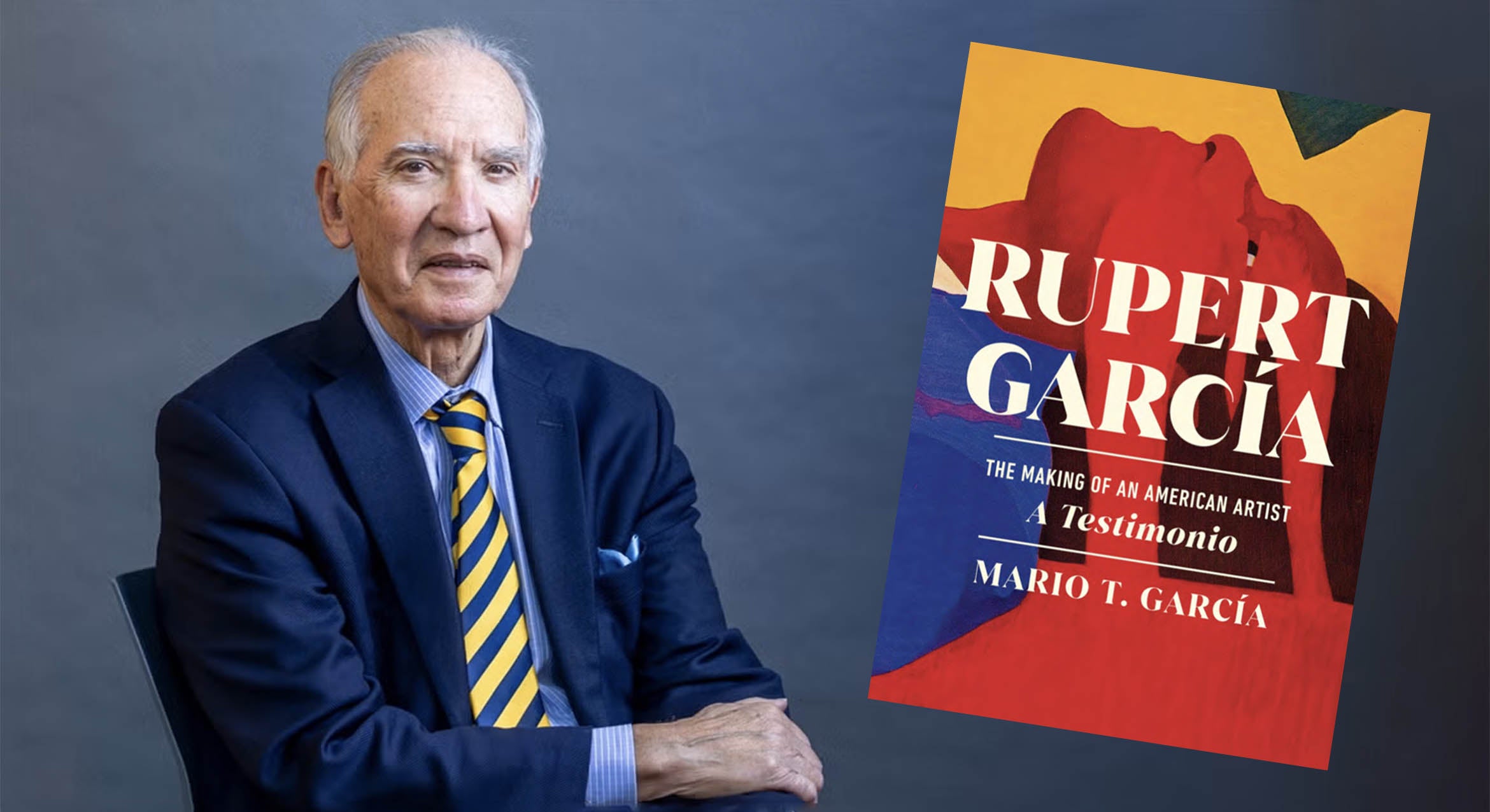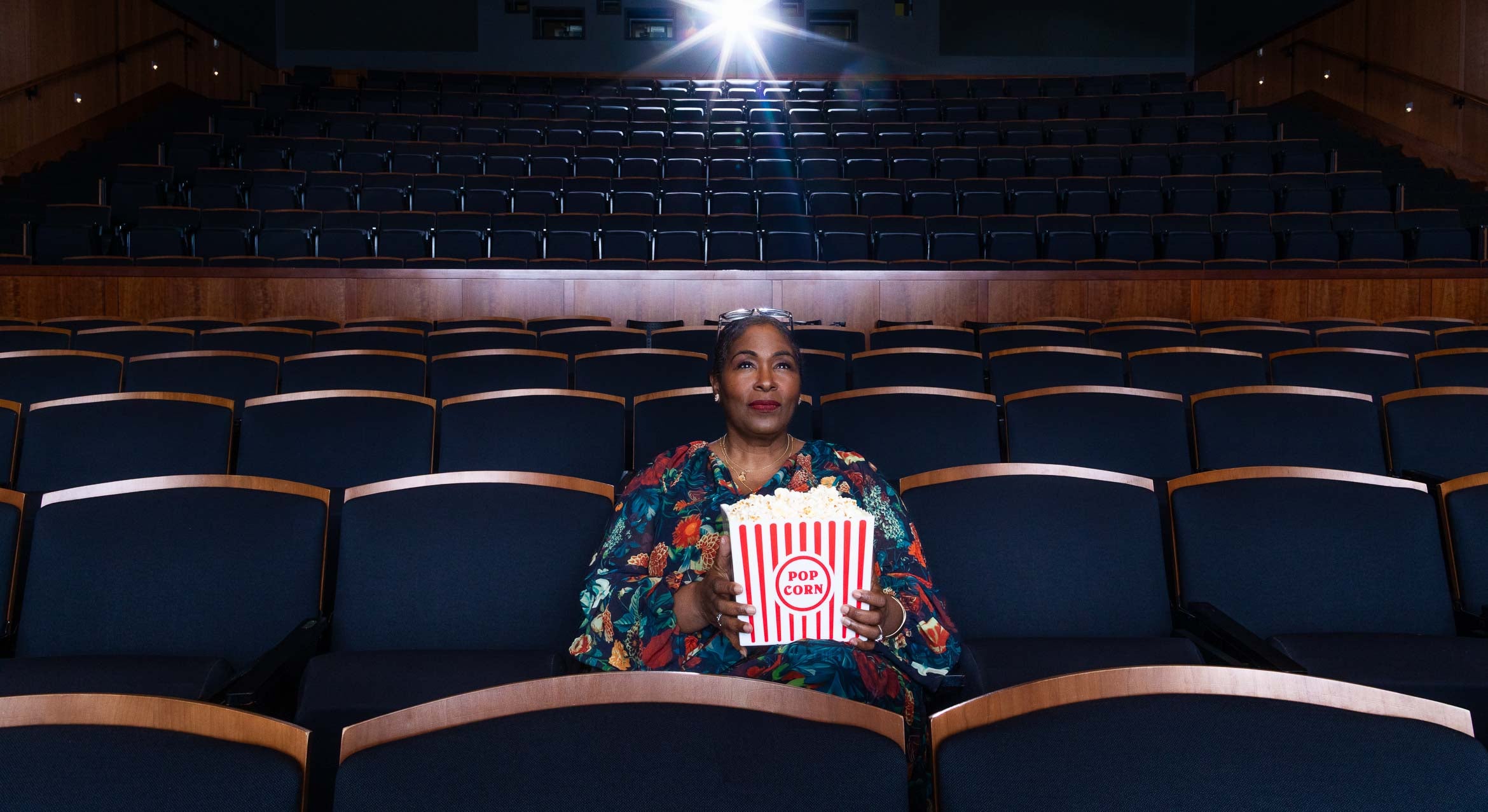
As a singer and recent college graduate in 1997, Isabel Bayrakdarian faced a pivotal decision. She had just earned a degree in biomedical engineering from the University of Toronto, and two very different life paths lay ahead: Should she get a job in the sciences or pursue her passion for opera?
Her intuition, which Bayrakdarian has described as “a beautiful guide throughout my life,” told her that if she became an engineer, she’d look back later in life and regret not chasing her dream to sing professionally. A few months later in New York City, she won the Metropolitan Opera National Council Auditions.
Since then, Bayrakdarian, a voice professor and opera director in the Department of Music at UC Santa Barbara, has gone on to sing at premiere opera houses and concert halls around the world. Her performances and recordings have earned her honorary degrees and dozens of awards, most recently a recent lifetime achievement prize from the Opera Canada Awards, known as The Rubies.
“Receiving a lifetime achievement award before one has hit 50 can be daunting,” Bayradarian said. “However, I’ve humbly embraced the honor and acknowledgement as an impetus for more research and creative projects aimed at unearthing forgotten or unknown repertoire — and with the specific intention to give voice to those muted due to race, religion, identity or ethnicity.”
Bayrakdarian's early career successes include appearing in the world premiere production of William Bolcom’s “A View from the Bridge” at the Lyric Opera of Chicago and at the Metropolitan Opera, and winning first place in Plácido Domingo’s Operalia competition.
She won four consecutive JUNO awards (2002–05) for classical album of the year, a category for which she was nominated again in 2023. In 2004, her performance singing “Evenstar,” helped win a GRAMMY soundtrack award for “The Lord of the Rings: The Two Towers.” She also sang on the BBC-produced short film “Holocaust: A Music Memorial Film from Auschwitz,” as well as her own Gemini-nominated film “Long Journey Home,” documenting her first return visit to her ancestral homeland in Armenia.
Of her transition to teaching and mentoring, the Lebanese-born Canadian-American soprano told Opera Canada magazine that “life has been so generous to me, it has given me so much (and) my barrel is full. The only way I can be able to accept more (from life) is by giving. I am so humbled and grateful for the ability to teach and guide young singers into the profession.”
“I say to students, it is so important that on your way to your goal, you never forget kindness,” she added. “You want to have a good network (and) you want to live the human experience, not only the singer experience. The bigger responsibility is how you live your life.”
Keith Hamm
Social Sciences, Humanities & Fine Arts Writer
keithhamm@ucsb.edu



